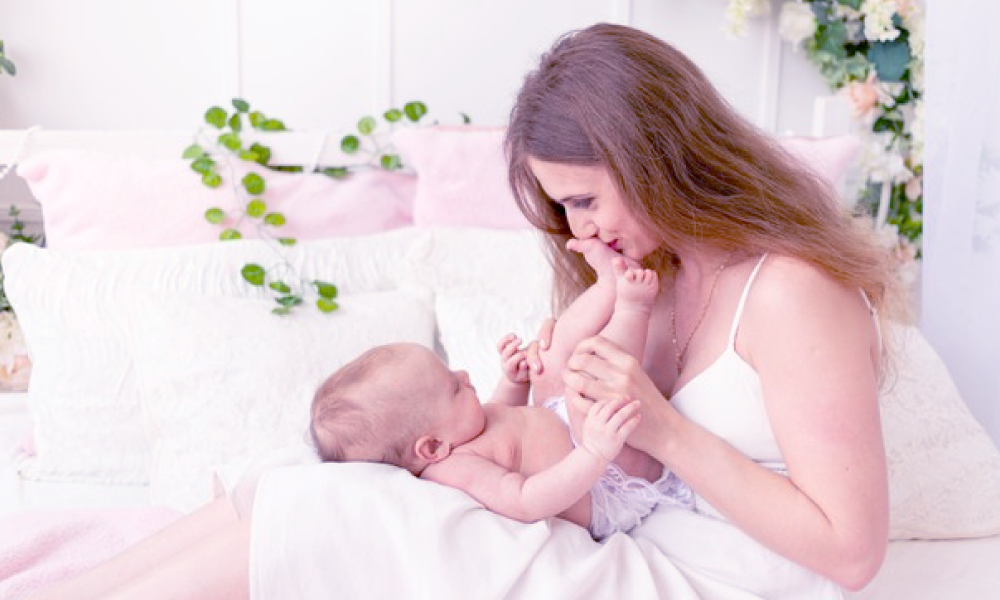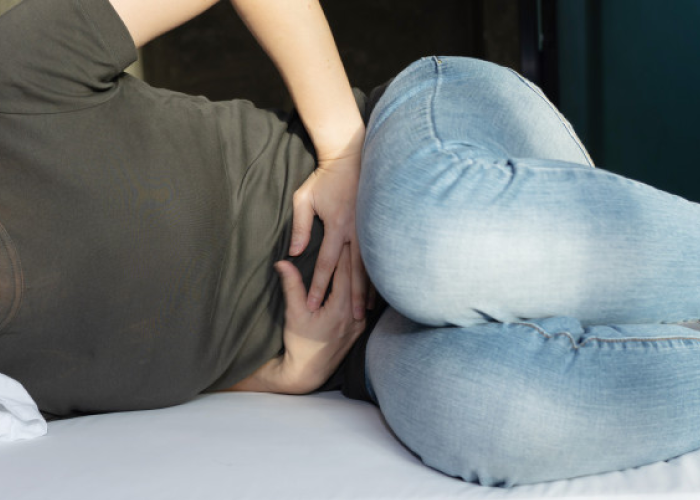
Postpartum Care: Tips for New Mothers
Motherhood is one of the most endearing and life-changing experiences in a every women’s life. Along with excitement and happiness comes a lot of changes, whether they are psychological, social, or physical. Pregnancy and the birth of a child cause a lot of changes in the body, whether it’s the changes in hormone levels, weight gain, or stretch marks. New mothers need to take six weeks to adjust to the new lifestyle and to care for their bodies after they have delivered a baby. This is the time where postpartum care for mothers is important.
Each body is different at it recovers at different rates and so the postpartum recovery timeline may vary from person to person. Certain symptoms such as backache might last for a few days, whereas other symptoms such as perineal pain, sore nipples, etc. may last for a few weeks. Here are a few tips that will help you ease the pain and help your body heal and recover after a delivery-
Postpartum Bleeding
It is quite common for the vagina to bleed after delivery. The body releases the excess mucus and blood from your uterus. This discharge is called lochia and will be red, thick, and heavy for the first few days after delivery. This discharge will soon taper and become pinkish brown and yellowish-white.

Afterpains
Several new mothers also experience contractions after giving birth. These contractions are called afterpains and tend to resemble period cramps. These contractions are meant to compress blood vessels so that excessive blood is not lost from the body. Afterpains are most common while breastfeeding as there is a release of oxytocin during this period.
Vaginal Care
Postpartum care for mothers also involves a lot of vaginal care. Pregnancy and delivery can injure the pelvic floor muscles and causes leaks in your urinary tract. This issue tends to persist only in the first few weeks after pregnancy and will decrease over time. However, the best way to help your vaginal floor heal is to do pelvic floor exercises every day. The practise involves sitting or lying down in one position and squeezing your pelvic floor muscles and counting till three or five. Then relax your muscles and hold that position for three of five seconds. Repeat this exercise for ten rounds three times a day.
Haemorrhoids
The perineum is a layer between the anus and the vulva and the stress placed on this layer during childbirth causes swelling of veins in the anus and lower rectum known as haemorrhoids. One of the best ways to soothe the pain is to use a home remedy for postpartum care. Using witch hazel or other such numbing agents can help ease the pain. Soak the anal area in warm water two to three times a day can help relieve the problem as well. A bowel movement may also aggravate the situation. Hence, it is also important to soften your stool by consuming sufficient fibre in the form of fruits, vegetables, and whole grains. You can also destroy over-the-counter stool softeners.
Sore Breasts
The hormonal changes in the body due to pregnancy can cause your breasts to become sore, and they may feel engorged after birth as the mammary glands start producing breast milk. This pain may be aggravated by breastfeeding. One of the best ways to ease the pain during breastfeeding is to bathe in warm water or dab a warm cloth on your nipples before you start breastfeeding. If your baby is not able to latch properly, it increases the intensity of pain. This blog may help you understand latching. It is also important to empty both your breasts so that they feel less engorged. Feed them from one breast at a time and don’t switch until it is opened.

Mood Swings
Due to the various hormonal changes, pregnancy and childbirth cause mood swings, shifts in emotion, baby blues, loss of appetite and fatigue. Postpartum care for mothers should include care for their mental well-being as well. It is important to share your feelings and your workload with your loved ones or your partner. This will help you ease into the changes. If the feeling of lack of joy and motivation continues and hinders your ability to carry out daily tasks and take care of your baby.
These tips should help anyone who wishes to know more about postpartum care for mothers—understanding these symptoms and the ways to treat them naturally. Postpartum care is an important aspect of motherhood and should be taken care of as Taking care of yourself is the first step towards becoming a new mother and being able to enjoy the changes in your life.